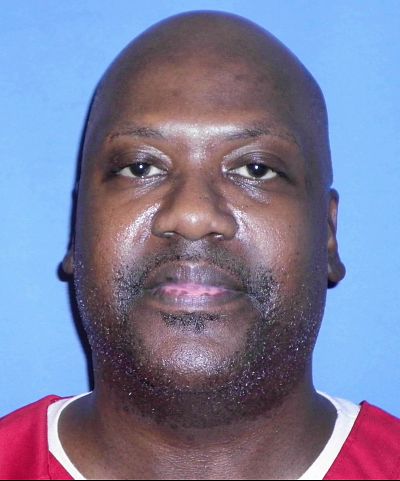The case involved an inmate who said the prosecutor repeatedly kicked black people off the jury when he was tried for the same murders.
WASHINGTON — The U.S. Supreme Court appeared likely Wednesday to rule in favor of a Mississippi death row inmate who said the state prosecutor repeatedly kicked black people off the jury each time he was tried for the same murders, in a case that prompted Justice Clarence Thomas to break a three-year silence on the bench.
Curtis Flowers, who is black, was put on trial six separate times for the 1996 murder of four employees at a furniture store in Winona, Mississippi, where he had recently worked. After the state supreme court threw out the first conviction over questions about evidence, Flowers faced five more trials. Two resulted in mistrials.
But in two others, the state courts found that the prosecutor in the case, Doug Evans, wrongly excluded potential jurors on the basis of their race. In the case before the Supreme Court ON Wednesday, Flowers again accused the prosecutor of impermissibly removing blacks from the jury.
"How do you look at that," asked Justice Brett Kavanaugh, "and not come away thinking that there's a stereotype that you're just going to favor someone because they're the same race as the defendant?"
When a jury is being selected, lawyers for each side are allowed to exclude a certain number for potential bias or other cause. But they are also allowed to make peremptory strikes, which require no explanation.
Three decades ago, the Supreme Court said prosecutors cannot use those strikes to remove jurors solely because of their race. In rulings since then, the court has explained how judges are to evaluate whether race was an improper factor in jury selection.
Lawyers for Flowers told the justices ON Wednesday that Evans has a history of pushing blacks off juries when he is a prosecutor. Of 43 potential black jurors in the six murder trials for Flowers, Evans used peremptory challenges to remove 41 of them.
Justice Elena Kagan said the record also showed that Evans asked many more questions of potential black jurors than he did of whites. "The numbers themselves are staggering," she said.
A key issue for the justice is how far back courts should go in examining a prosecutor's record to decide whether juror exclusions in a specific case were motivated by racial bias.
"Is there anything in our precedent that suggests that there out to be a limitation on looking to the history of the prosecutor involved?" asked Chief Justice John Roberts.
Sheri Lynn Johnson, the lawyer for Flowers, said "there is no limitation on the history."
Justice Samuel Alito, who also wondered about evaluating a prosecutor's record, said, "This history of the case prior to this trial is very troubling."
Thomas asked a few questions during the final minutes of Wednesday's argument, breaking his three-year courtroom silence. He wanted to know if the defense lawyers used any peremptory challenges to exclude potential jurors.
Told that, yes, they did, Thomas asked, "And what was the race of the jurors struck there?"
Only whites, Johnson said.
Until February 2016, Thomas had not asked a question for 10 years.
The court will issue its ruling by late June.












